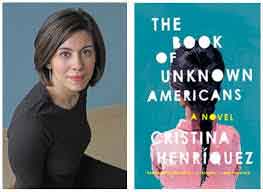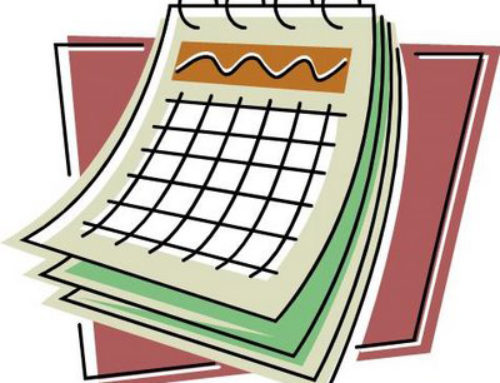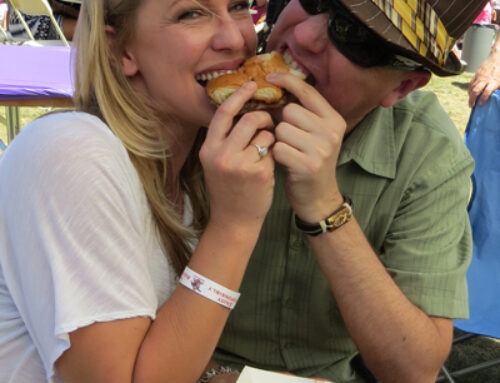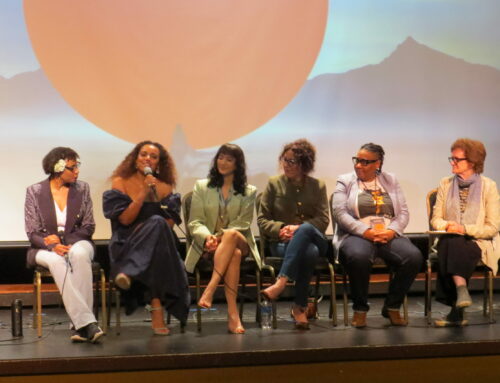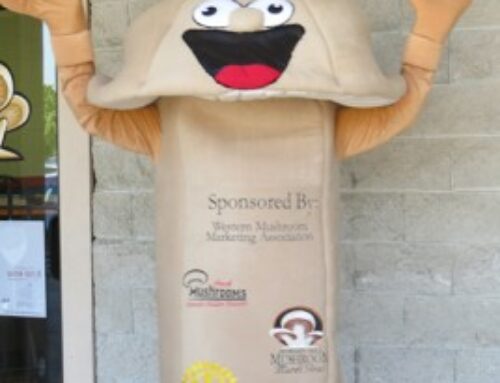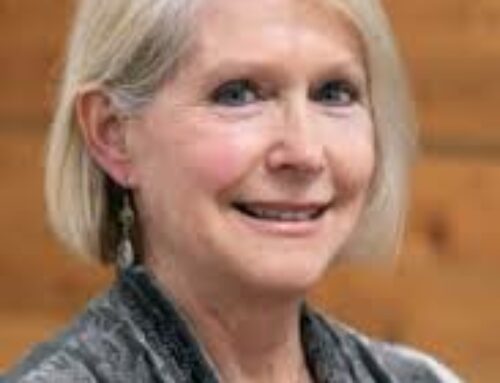Cristina Henríquez will speak March 24 at the Morgan Hill Library
Published in the March 18-31, 2015 issue of Morgan Hill Life
By Staff Report
The theme of this year’s Silicon Valley Reads program is “Homeland & Home: The Immigrant Experience.” Among the three books chosen for county-wide public discussion is Cristina Henríquez’s 2014 novel “The Book of Unknown Americans.”
An accomplished fiction writer, her stories have been published in The New Yorker, The Atlantic, The American Scholar, and Ploughshares. Her non-fiction has appeared in The New Yorker.
Henríquez earned her undergraduate degree from Northwestern University and is a graduate of the Iowa Writers’ Workshop. She lives in Chicago.
As a guest of the Friends of the Morgan Hill Library, Henríquez will speak about her book at a free reception open to the general public starting 7 p.m. Tuesday March 24 at the Morgan Hill Library.
Morgan Hill Life asked the author why she wrote her novel detailing the experiences of a Mexican family coming to Delaware and what her thoughts might be on how immigrants have played for many decades an important role in the American experience.
Through your writing, what do you try to convey to your readers about the immigrant experience in America?
I think the basic thing is that it’s varied and that it’s complex. There’s no single experience, no experience that’s going to be representative in any way. Every immigrant has a different story, and the spirit of the book is that we should honor those stories and those differences just as much as we should honor all the things that connect us.
Who would you say are “the unknown Americans” and why do you call them that in your book’s title?
For this book in particular, the unknown Americans are immigrants who are usually overlooked.
Too often when there’s media coverage or national discussion about immigrants, it’s either in terms of policy or in terms of some kind of potential and, to my mind, largely specious threat to what people call the “American way of life.” They’re not invisible exactly, because they are part of a conversation, but only in a very superficial way. I wanted to dig deeper and tell the stories we don’t always hear.
How did you come up with the idea for “The Book of Unknown Americans,” and how might you describe your personal creative process in writing a book of a sensitive subject matter like this?
I didn’t really start with an idea. For me, projects usually start with language, with a sentence that I just keep building upon. In this case, the sentence was: “We heard they were from Mexico.” That grew into a short story, which eventually grew into a novel.
My process was no different than it is for any book or story. I was drafting scenes, developing characters, plotting everything out. I did make a conscious choice not to make the book be overtly political, but otherwise, it was the same as ever: I wanted to tell a story.
It seems throughout much of U.S. history, many immigrants, regardless of where they might come from, have faced the antagonism and hostility of the people who are already established in America. Why do you think this is a part of our national character?
That question reminds me of a piece Jon Stewart did about immigration on “The Daily Show” where he ended the segment by saying, “We are a nation of immigrants who hate the newer immigrants.” It’s an outgrowth of a very complicated history, and it continues, I think, because we tend not to fully acknowledge that history, not talk about it enough, not teach it enough in schools. The more we can have the conversation, the closer we’ll be to change.
What writing advice might you give young people, especially those of high school years?
My advice for young writers is always the same. Read. Read as much as you can. Reading is what’s going to shape your taste, which, when you sit down to write yourself, is what will shape your instinct to make certain creative decisions.
Beyond writing, my advice would be something like: Be open to the world. Recognize the complexity of it and of other people. Work hard. Be kind.


